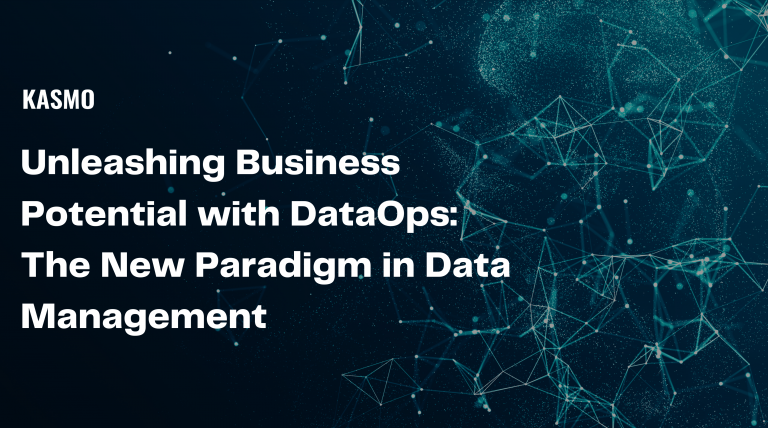In the era of digital transformation, the adage “information is power” rings more true than ever. However, as businesses continue to amass an unprecedented volume of data, the challenge of transforming this data into actionable insights has grown exponentially. This is where DataOps comes in, offering a fresh methodology in data management that can help businesses unlock their full potential.
Understanding DataOps
DataOps, short for data operations, is an automated, process-oriented methodology designed to improve the speed, quality, and reliability of data analytics. It achieves this by applying principles from DevOps, Agile, and lean manufacturing to the data analytics pipeline.
How DataOps Can Be a Game-Changer for Businesses
Let’s explore the benefits of incorporating DataOps into your business strategy:
1. Improved Data Quality and Consistency
DataOps ensures that every piece of data is cleaned, verified, and validated before being used in data analytics. This rigorous process results in improved data quality, leading to more accurate and reliable analytics results that businesses can trust for decision-making.
2. Faster Data Delivery
DataOps uses automation and continuous integration/continuous deployment (CI/CD) techniques to expedite the delivery of data from its source to data analysts. This results in faster insights, allowing businesses to respond quickly to changes in the market or customer behavior.
3. Greater Collaboration
DataOps fosters a culture of collaboration between data teams (data engineers, data scientists, data analysts) and business stakeholders. Through collaborative tools and practices, different teams can work together more effectively, ensuring that analytics outputs align with business objectives.
4. Enhanced Agility
Just as Agile methodologies have done for software development, DataOps brings agility to data analytics. Data teams can iterate quickly, experiment with new models, and adapt to changing requirements without compromising data quality or compliance. This agility allows businesses to stay competitive in a fast-paced digital landscape.
5. Risk Reduction
DataOps practices involve rigorous testing, monitoring, and version control, similar to DevOps for software development. These measures significantly reduce the risk of errors in data analytics, protecting businesses from making costly mistakes based on incorrect data.
6. Increased Efficiency and Cost Savings
DataOps can reduce the time and resources spent on mundane, repetitive tasks through automation. This not only leads to cost savings but also frees up data teams to focus on higher-value tasks, such as developing new data models or uncovering novel insights from the data.
Leveraging DataOps with Kasmo
As we conclude, it’s crucial to note that adopting DataOps is not a solitary journey. Partnering with an experienced and knowledgeable provider like Kasmo can make the transition smoother and more beneficial.
At Kasmo, we specialize in data engineering, analytics, and AI, aligning perfectly with the principles of DataOps. Our experts can guide you in managing and analyzing your data efficiently, leveraging the benefits of data-driven strategies. Moreover, our services in digital engineering can help modernize your legacy applications, integrating DataOps practices to improve their data handling and analytic capabilities.
Conclusion
In conclusion, DataOps represents a fundamental shift in how businesses manage and use their data. By embracing DataOps, organizations can navigate the complexities of the digital age, turning data from a potential liability into a powerful asset. It’s time for businesses to take the leap and harness the transformative power of DataOps. Partner with us at Kasmo, and let’s embrace the future of data, together.
Also Read:- Data Lakes Vs Data Warehouses

